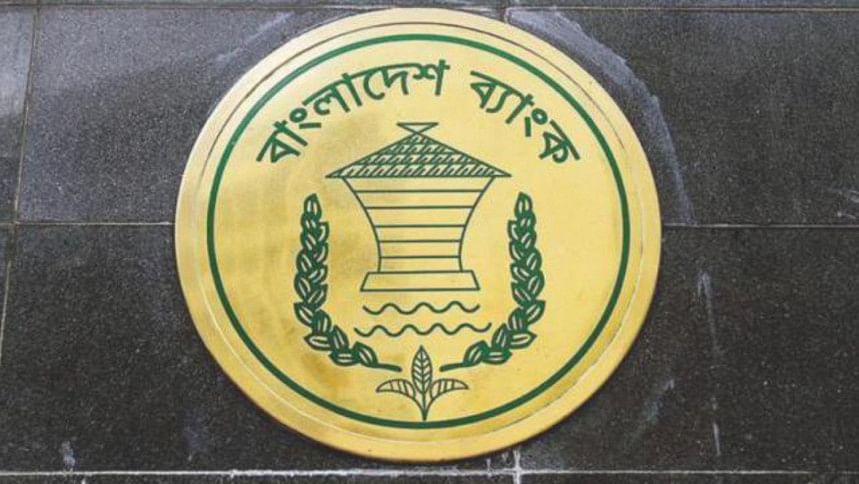Bank's shady foreign exchange dealings

The Bangladesh Bank (BB) has found that a state-owned bank is openly skirting rules when it comes to foreign exchange transactions. Several major business houses which have been allowed to open letters of credit (LC) and transfer funds abroad, have not submitted bills of entry, which is a proof of goods entering country. This opens up the possibility of money laundering and that is a very serious matter. That BB has sent letters to the bank repeatedly which have gone unanswered merely reinforces the notion that certain bankers may be in on this scam and we are witnessing major flight of capital from the country.
That repeated BB warnings to a particular state-owned bank are being ignored is a warning sign about irregularities in the public banks where financial indiscipline is becoming the norm. The central bank's guidelines are straightforward enough. Banks must ensure that any importer that has bills of entry pending beyond the stipulated period of four months is not allowed to open new LCs. And it is here we see the flouting of rules, as repeat offenders get to open LCs, although they have failed to submit certified invoice of imported goods. The question here is really quite simple. Does the regulator have the powers to force banks to adhere to its rules or not? Unless BB rules are followed, the banking sector will continue to slip into disarray where political clout will keep plaguing an already troubled state-owned banking sector and merely aid in its downward spiral.

 For all latest news, follow The Daily Star's Google News channel.
For all latest news, follow The Daily Star's Google News channel. 








Comments